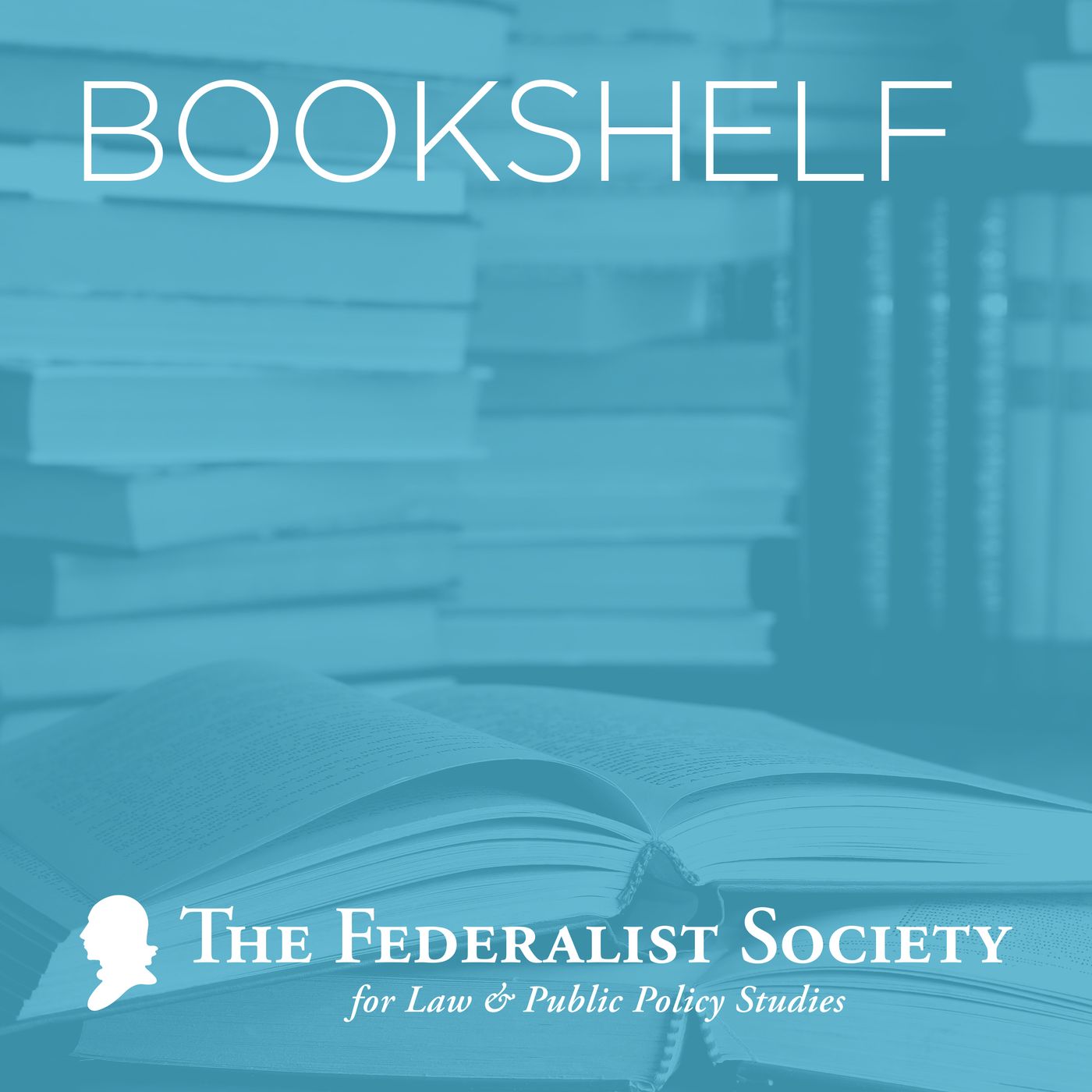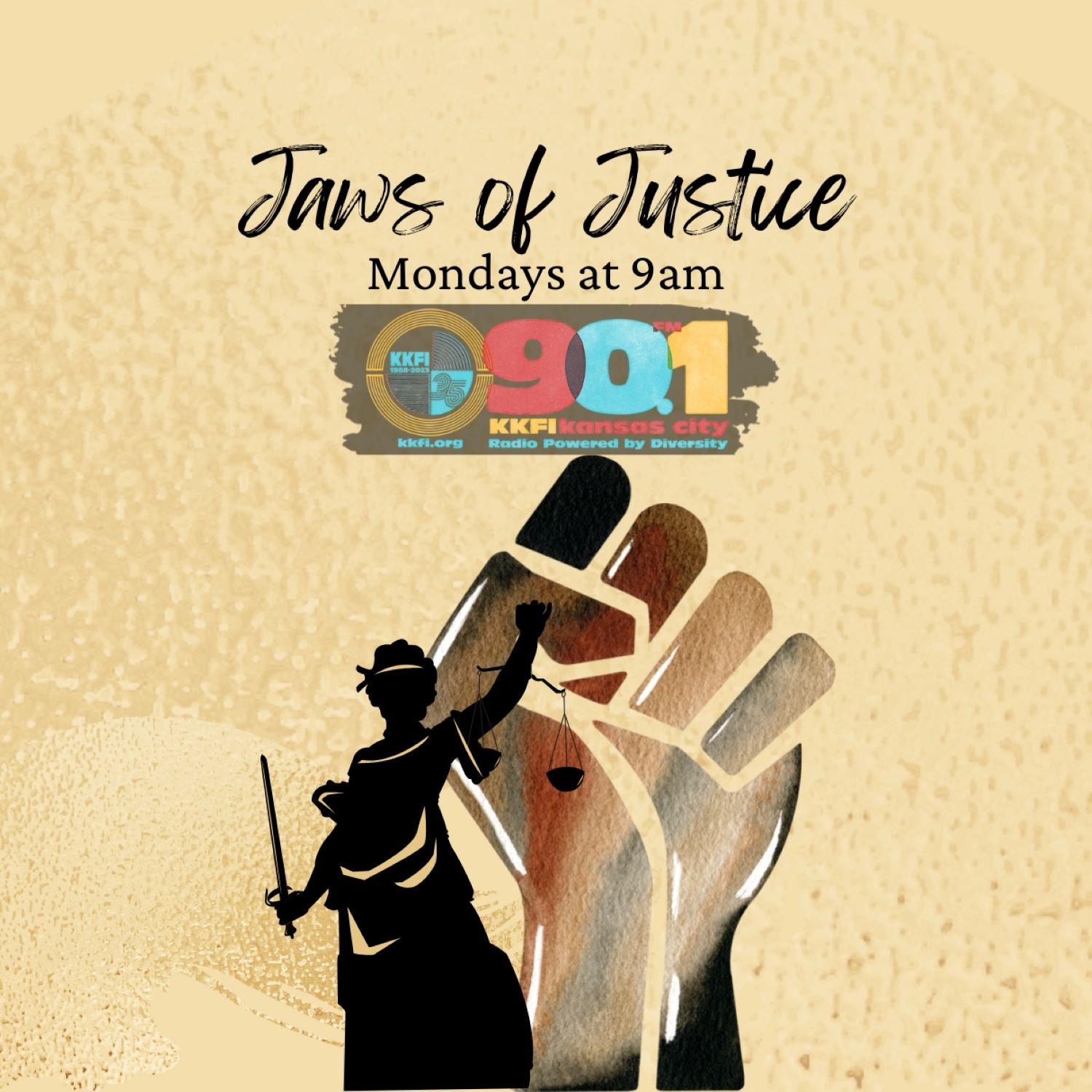 |
Faculty Division BookshelfThis audio broadcast series provides commentary by authors and others on important new books and works of legal scholarship. As always, the Federalist Society takes no position on particular legal or public policy issues; all expressions of opinion... Author: The Federalist Society
This audio broadcast series provides commentary by authors and others on important new books and works of legal scholarship. As always, the Federalist Society takes no position on particular legal or public policy issues; all expressions of opinion are those of the speaker. We hope these broadcasts, like all of our programming, will serve to stimulate discussion and further exchange on the topics they address. Language: en Genres: News Contact email: Get it Feed URL: Get it iTunes ID: Get it |
Listen Now...
From Gutenberg to the Internet: Free Speech, Advancing Technology, and the Implications for Democracy - Faculty Division Bookshelf
Monday, 23 September, 2019
In this episode, Russell Weaver, Professor of Law and Distinguished University Scholar at Louis D. Brandeis School of Law, University of Louisville, and Steve Friedland, Senior Scholar and Professor of Law at Elon University School of Law, discuss Prof. Weaver’s new book From Gutenberg to the Internet: Free Speech, Advancing Technology, and the Implications for Democracy.In From Gutenberg to the Internet, Prof. Weaver argues that the history of free expression is inextricably intertwined with advances in speech technology. However, until recently, most forms of communication were limited and controlled by so-called ''gatekeepers'' who had the power to limit or control the ability of ordinary individuals to communicate with each other. With the advent of the Internet and new forms of technology (e.g., personal computers, iPhones, etc.), people have a much greater capacity to communicate with each other. Although both governments and private entities have attempted to control discourse over the Internet, new technologies have enabled ordinary individuals to more easily communicate with each other and to participate in the political process. As a result, Weaver argues, the internet is reshaping political debate and political action for good and for bad. While enabling greater participation, it has also led to so-called “fake news” and the creation of opportunities for governments and people to meddle in the elections of other countries.Our conversation will begin with Prof. Weaver’s short introduction to his book, and will be followed by Prof. Friedland’s comments to which Prof. Weaver will respond. The two authors will then engage in a bit of a back-and-forth dialogue. As always, the Federalist Society takes no position on particular legal or public policy issues; all expressions of opinion are those of the speaker. We hope these broadcasts, like all our programming, will serve to stimulate discussion and further exchange on the topics they address.









